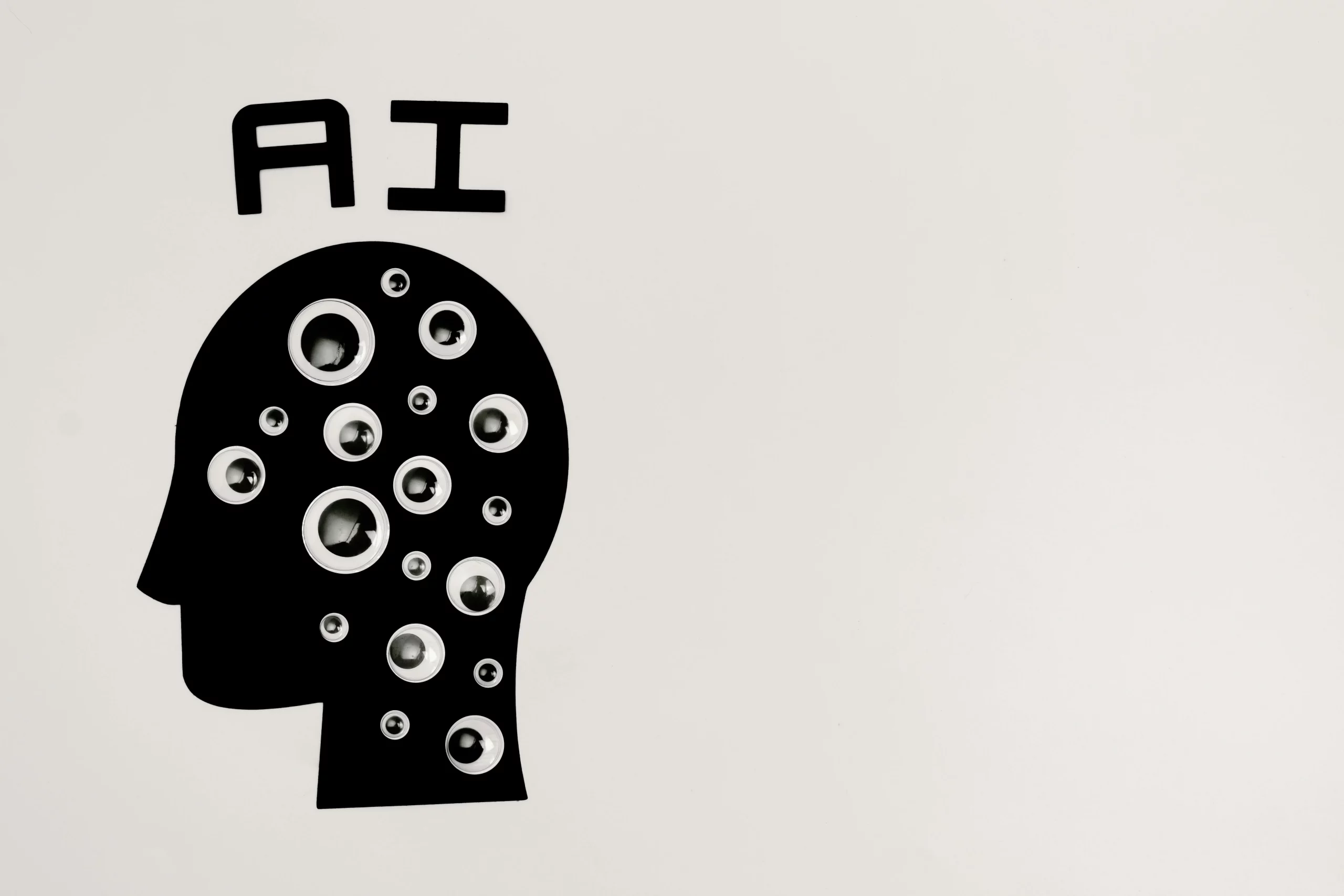
Make talent quality your leading analytic with skills-based hiring solution.

It’s no surprise the global AI recruitment market will reach USD 890.51 million by 2028. Thanks to success stories from companies using AI for recruitment, HR leaders are more confident in AI technology than ever before. Take Hilton, for example. This hotel giant famously boosted its hiring efficiency by 40% and reduced filling time by an impressive 90% when it started using an AI recruitment platform for talent acquisition.
However, even though more companies now recognize the value of using an AI hiring platform, they may have yet to embrace these technological capabilities fully. Are you interested in possibly including AI in your recruitment future? Here’s what you need to know.
An AI recruitment software or platform employs artificial intelligence and automation to cut down manual work and enhance operational efficiency drastically. With an AI hiring platform, your organization can automatically source and screen candidates to shorten the recruitment cycle and free your human recruiters to concentrate on strategic staffing elements. You can also use AI to collect and analyze data to help you land top talent and improve your hiring process.
AI-based recruitment platforms streamline every aspect of hiring, from initial resume screening to final onboarding. This speed translates to serious cost-per-hire savings of 30%.
While AI recruitment tools can be helpful to companies of any size, the benefits of artificial intelligence in recruitment are more evident for those facing tight hiring deadlines from launching new verticals or expanding operations. AI technology can help these fast-growing companies fill positions quickly and at scale while providing applicants with prompt feedback so that they can pursue other opportunities if necessary.
AI tools for talent acquisition work across the different stages of hiring, from searching to onboarding:
Manual resume screening is not only cumbersome and prone to errors, but it also often overlooks qualified candidates. In contrast, AI resume screening tools can analyze thousands of resumes quickly to scan for keywords, skills, and qualifications that match your job descriptions—completing in a matter of minutes what would normally take several weeks for a human recruiter to accomplish.
Moreover, AI can detect discrepancies in app applicant’s resumes and alert recruiters immediately. This feature helps maintain the integrity of the hiring process and allows recruiters to focus on genuinely qualified candidates.
AI-based recruitment software can aggregate candidates from various channels into a single platform to simplify candidate sourcing. It makes it easier to upload and organize resumes from numerous job boards and even allows your HR team to collaborate with external recruiting agencies to fill specific roles.
These days, AI chatbots are much more advanced than their counterparts a few years ago. They are brighter than ever and able to ask predefined questions to collect essential details about a candidate’s skills and background. These friendly and conversational chatbots can also answer common questions 24/7 to guide candidates through the application process and interview scheduling.
Video interviews are one of the exciting developments in AI recruitment. Now, you can create pre-recorded video questions that applicants can answer on camera at their convenience, which your team can review later.
AI can also analyze these video recordings to assess verbal responses (such as clarity and vocabulary) and nonverbal cues (facial expressions and body language). This standardizes the interview process while making it possible to interview many candidates in a short amount of time.
AI hiring platforms can evaluate candidates across various technical and non-technical areas to support your competency-based recruitment initiatives. The tests can be designed to simulate real-world tasks and environments. Grades and reporting are automated, so your human HR team can quickly get detailed insights into candidates’ abilities.
AI hiring platforms can also forecast hiring trends and predict candidate success with predictive analytics — a data-driven approach that reduces gender bias by 15% and increases overall team diversity by 35%.
AI recruitment platforms remain throughout the onboarding process, too. They allow new hires to complete all the necessary paperwork remotely, easing the administrative load on managers.
AI frees up precious human recruiter hours because it automates repetitive tasks. This means that your HR team can concentrate their efforts on strategic initiatives.
Chatbots can answer essential applicant questions day and night to keep candidates informed. They can even be programmed to suggest relevant positions based on a candidate’s skills and interests.
AI hiring platforms analyze resumes and applications according to predefined criteria. This minimizes the influence of personal biases recruiters might hold towards specific names, schools, or backgrounds.
AI can also identify trends, measure the effectiveness of different sourcing strategies, and even predict hiring needs to help your organization plan for the future.
Automated assessments and simulations can evaluate an applicant’s skills and experience to identify candidates who can deliver the real-world competencies you need. Predictive analytics can also help assess a candidate’s likelihood of success in a specific role.
AI can handle data entry, scheduling, sending rejection emails, and other administrative burdens.
AI makes the hiring process more efficient for both recruiters and candidates.
AI can help companies save money on the recruitment process by reducing the time human recruiters spend on administrative tasks and improving the quality of hire.
AI and ATS Synergy: Maximizing Recruitment Effectiveness Suppose you use mass recruitment strategies or routinely hire for multiple positions simultaneously. In that case, you’re well familiar with its many challenges—from the organizational nightmare of screening a massive applicant pool to the struggle of creating a positive candidate experience. It’s no secret that an applicant tracking system or ATS is […]

If you’re serious about ethical hiring, make your recruitment process fairer. This is harder than it seems, though. Because we’re human, our hidden biases can creep in to make assessments and interviews less objective than we hope. Consider it: Studies exploring interview bias have repeatedly shown that male and female interviewers favor male candidates even when women […]

Introduction No longer relegated to science fiction, AI is well and truly here — and it’s fundamentally changing how companies train and upskill their people. However, because the shift has been so sudden, many employers do not fully understand AI’s potential, much less how to leverage it for workforce development. How do you take full advantage […]